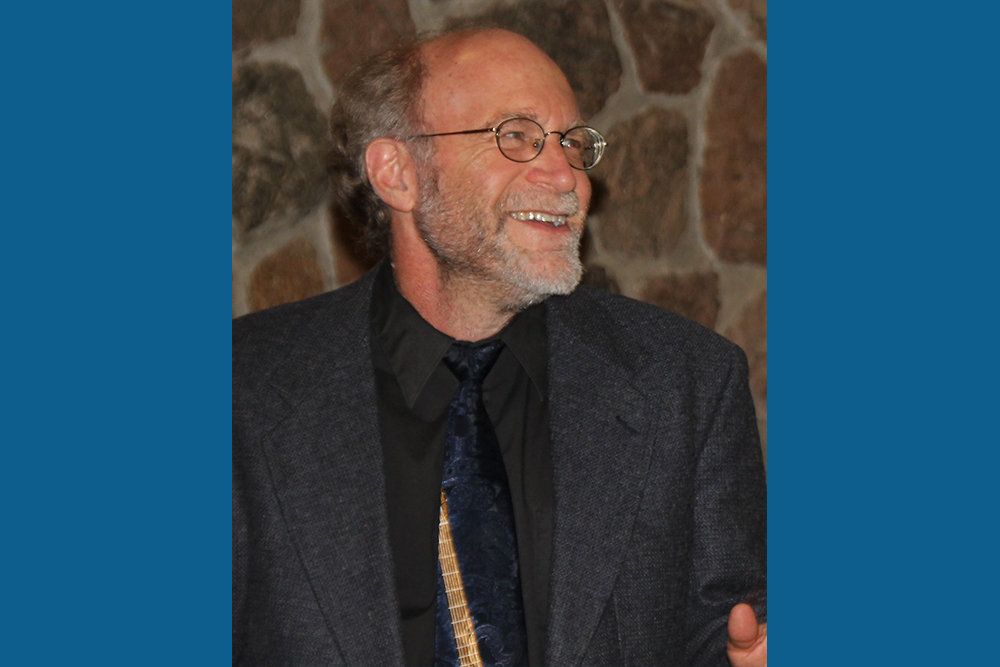Just as “it’s possible to live on bread and water,” Jeff Gundy says, “it’s possible to live without poetry. But life is better with it.”
Gundy will present his poetry and other works at a Writers Read event in Eastern Mennonite University’s Common Grounds at 6:30 p.m. on Thursday, March 15.
“Although he has described himself and other artists as existing on the fringes of Mennonite community, Gundy “is widely embraced as a leading Mennonite poet, and he is well-recognized in the wider literary milieu,” says Kirsten Beachy, assistant professor and director of the EMU core curriculum.
Gundy’s books are many, among them three that garnered acclaim: Abandoned Homeland (Bottom Dog Press, 2016) was shortlisted for the Ohioana Book Award in Poetry, 2016; for Somewhere Near Defiance (Anhinga Press, 2014) he was named the 2015 Ohio Poet of the Year; and Spoken among the Trees (Akron University Press, 2007) earned the Society of Midland Authors Poetry Award. His poems have also appeared in Exquisite Corpse, North American Review, The Christian Century and elsewhere.
A professor at Bluffton University, Gundy also plays guitar and writes songs and nonfiction essays – see Mud and Gravel in the Jan. 2018 issue of Brevity and his collection Songs from an Empty Cage.
At EMU, he said he will “look for a curve in the whole reading, a kind of rhythm perhaps” that will include tested favorites, a balance of lighter and more serious poems, and “a few new poems, just to see how they sound when read aloud to a real audience,” he said.
“Poetry is a tremendous personal and communal resource, a great storehouse of wisdom, beauty, consolation and joy,” Gundy said recently – and then quickly added, “This is not to make such grand claims for my poems.”
Others, however, make those claims for him. Fellow poet Philip Metres has said that “Gundy’s poetry reminds us, over and over, that paying attention to the delights and troubles of existence becomes a kind of psalm to this botched and beautiful creation.”
Gundy “turns a critical yet compassionate eye to the Mennonites and the broader culture,” Beachy said. “His poems tend to be lyrical and are frequently funny and/or political.”
In a 2010 Work and Hope post, Laura Lehman Amstutz wrote that Gundy’s “The Cookie Poem” from Rhapsody with Dark Matter (Bottom Dog Press, 2000) “is about remembering who we are. It points to Anabaptist history in imagery, and reminds me of a God who delights in us all, even in our failures, collective and individual…. The idea of God looking at me and saying, in Cookie Monster’s voice ‘ooohhhh cookie!’ makes me giggle.”
Gundy will sell and sign books at the Writers Read, and said he always hopes to meet new people, “especially students who very likely don’t know much about me or my work.”
Judging from past experience, said language and literature professor Vi Dutcher, those students will be glad to have met him. “Students enjoy being in his presence and discussing poetry with him,” she said.
